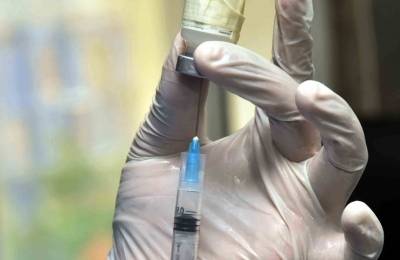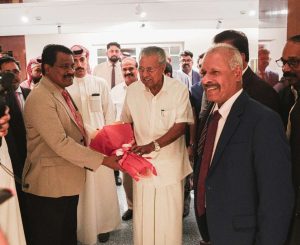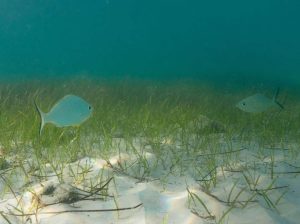The WHO said it expects to receive these clarifications from Bharat Biotech by the end of this week…reports Asian Lite News.
The World Health Organisation (WHO) on Tuesday said “additional clarifications” are needed from Bharat Biotech regarding its Covid-19 vaccine ‘Covaxin’ for a final “risk-benefit assessment” before recommending the vaccine for emergency use.
“The Technical Advisory Group for Emergency Use Listing (TAG-EUL) is an independent advisory group that provides recommendations to WHO on whether a Covid 19 vaccine can be listed for emergency use under the EUL procedure,” the WHO said.
“The TAG met today (October 26, 2021) and decided that additional clarifications from the manufacturer are needed to conduct a final EUL risk-benefit assessment for global use of the vaccine,” the WHO said.
The WHO said it expects to receive these clarifications from Bharat Biotech by the end of this week.
“The TAG expects to receive these clarifications from the manufacturer by the end of this week, and aims to reconvene for the final risk-benefit assessment on Wednesday, November 3,” the WHO said.
Last week, the WHO had said it is expecting one “additional piece” of information from Bharat Biotech regarding Covaxin. The WHO said there needs to be a thorough evaluation to ensure vaccines are safe and “cannot cut corners” before it is recommended for emergency use.
“We are aware that many people are waiting for WHO’s recommendation for Covaxin to be included in the #Covid-19 Emergency Use Listing, but we cannot cut corners – before recommending a product for emergency use, we must evaluate it thoroughly to make sure it is safe and effective,” the WHO said in a tweet on October 18.
Hyderabad-based Bharat Biotech, which has developed Covaxin, had submitted EOI (Expression of Interest) to the WHO on April 19 for the vaccine’s Emergency Use Listing (EUL).
India’s first indigenous Covid-19 vaccine, Covaxin, demonstrated 77.8 per cent efficacy in its Phase 3 clinical trial.
In June, Bharat Biotech said it concluded the final analysis of Covaxin efficacy from Phase 3 trials. The Covaxin jab has been approved in 14 countries and 70 million doses have been distributed overseas, Bharat Biotech told WHO.
Bharat Biotech’s Covaxin and AstraZeneca and Oxford University’s Covishield are the two widely used vaccines in India.
The WHO has so far approved Covid-19 vaccines of Pfizer-BioNTech, AstraZeneca-SK Bio/Serum Institute of India, Johnson & Johnson-Janssen, Moderna, and Sinopharm for emergency use.
ALSO READ-Covaxin gets emergency use approval for kids aged 2-18 years
READ MORE-WHO’s nod for Covaxin delayed again over technical queries













